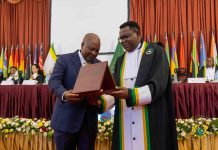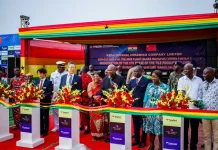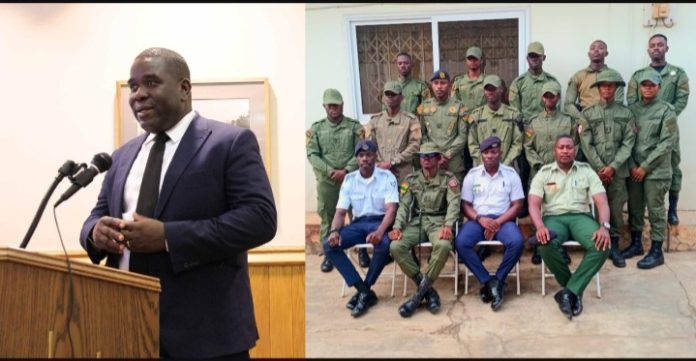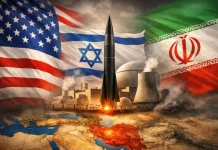From Left, National Cadet Coordinator Nicholas Amartefio And Group Photo Of The aggrieved Cadet Corps Members
Introduction
The Ghana National Cadet Corps, a once vibrant and disciplined organization, now faces serious calls for a leadership overhaul.
At the center of the controversy is the Corps’ National Coordinator, Mr. Nicholas Nii Amartefio, who has held the position for 20 years now.
Current members, led by Cdt. Lt. Owusu Isaac Kofi and Cdt.Sgt. Major Richard K. Mireku, after a press conference recently have followed up with a petition to the Office of the Vice President of Ghana to dissolve the existing leadership, citing stagnation, mismanagement, and lack of accountability as the primary reasons for the Corps’ decline.
The Petition: A Cry for Change
In a detailed petition addressed to the Vice President of Ghana, members of the Ghana National Cadet Corps, along with other volunteer cadet organizations, have highlighted a series of critical issues.
They argue that Mr. Amartefio’s prolonged tenure has led to stagnation, inefficiency, and resistance to necessary reforms, ultimately damaging the reputation and effectiveness of the organization.
The petition outlines the following demands:
- Dissolution of Current Leadership: The current management, led by Mr. Amartefio, is accused of failing to provide adequate leadership, leading to operational inefficiencies and a lack of progress within the Corps.
- Establishment of Interim Management: Members are calling for an interim management team to be appointed to oversee the transition to a new leadership structure.
- Comprehensive Investigation: The petition urges the Vice President’s office to conduct a thorough investigation into the operations and management practices of the Corps.
- Implementation of Reforms: Reforms are seen as essential to ensure accountability, transparency, and effective leadership moving forward.
Stagnation and Mismanagement
The petitioners argue that the current leadership has been unable to adapt to modern challenges, leaving the organization in a state of stagnation.
Mismanagement has been a recurrent theme, with allegations of poor resource allocation that has negatively affected the welfare and training of cadets.
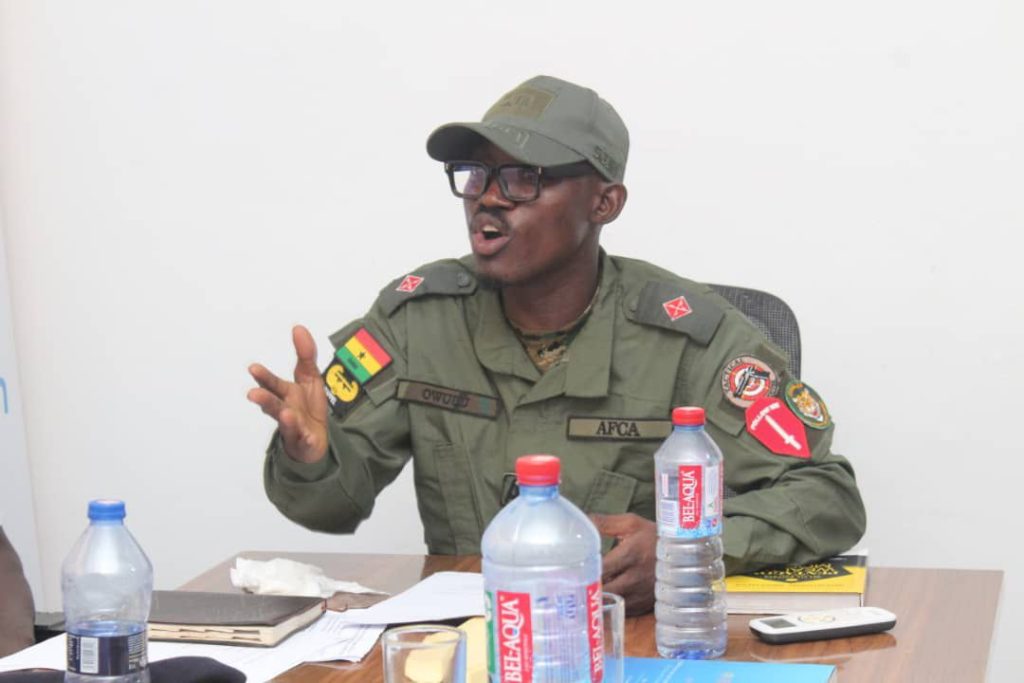
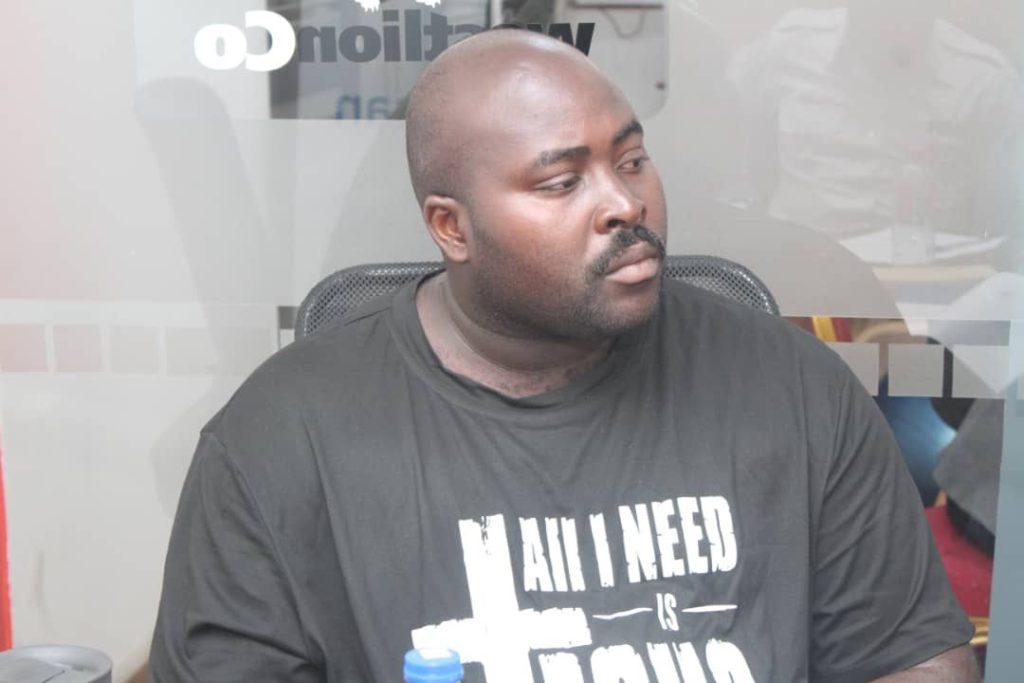

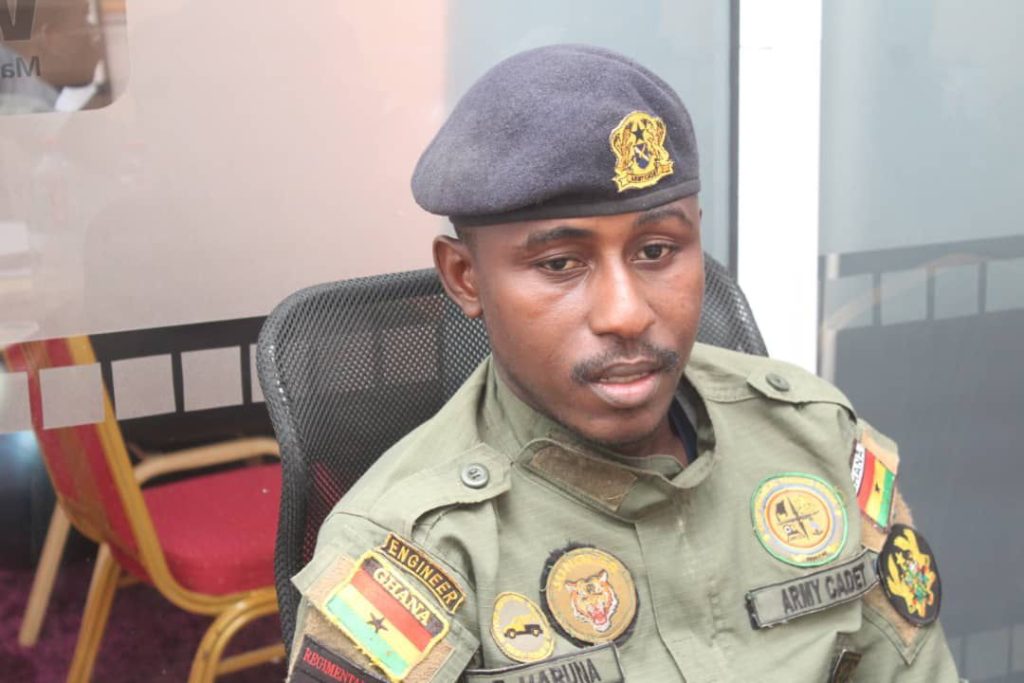

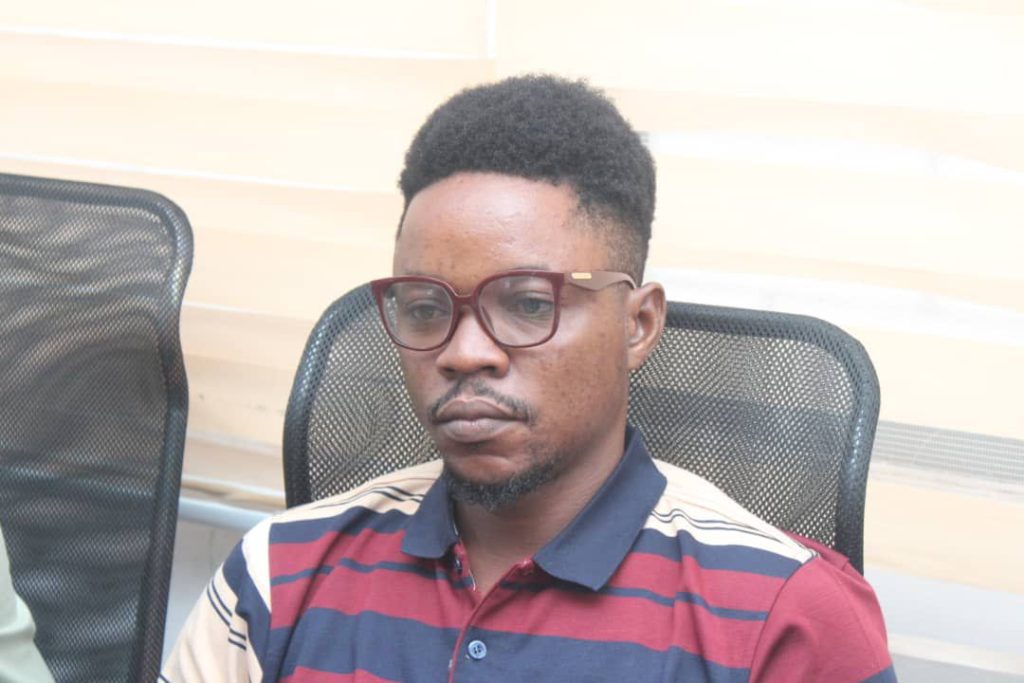
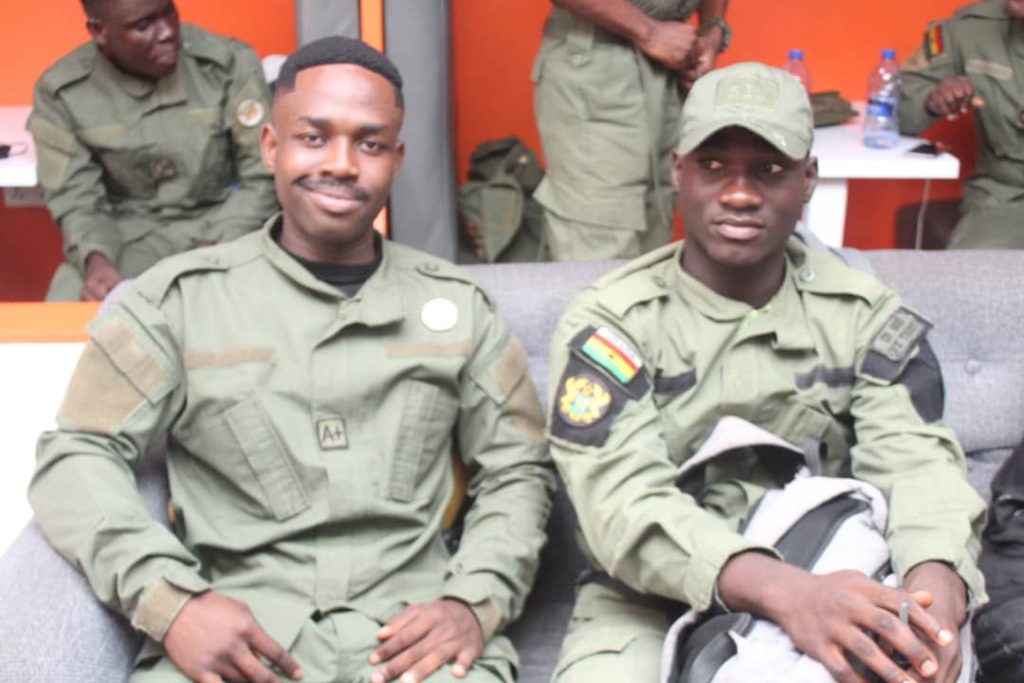
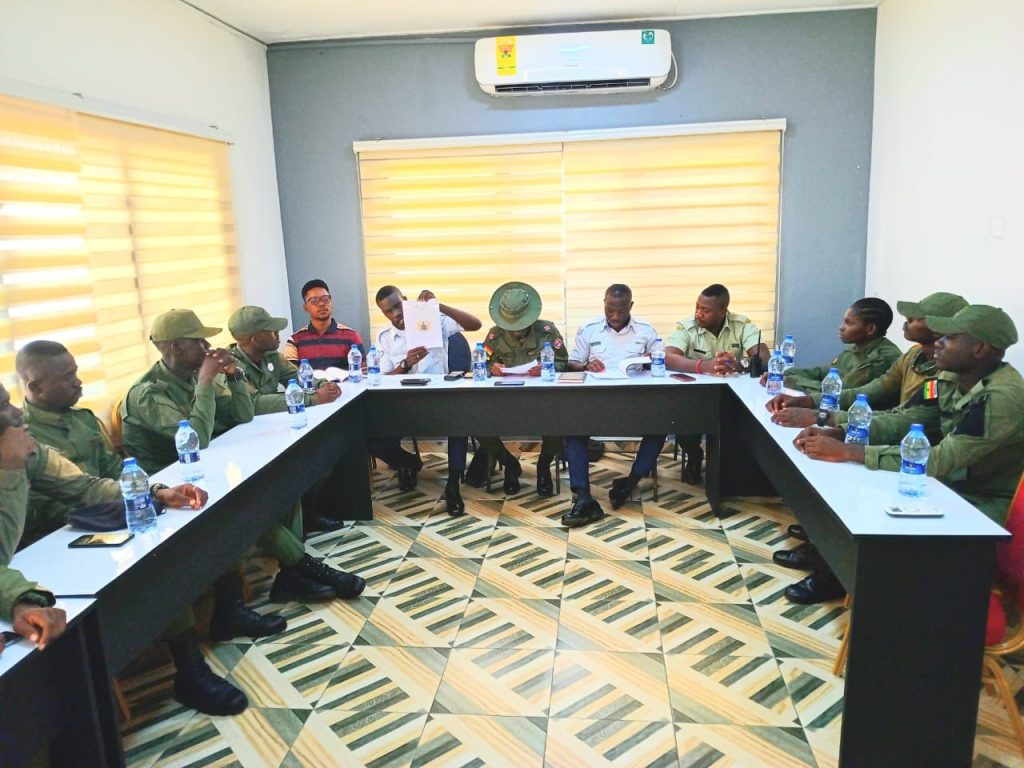
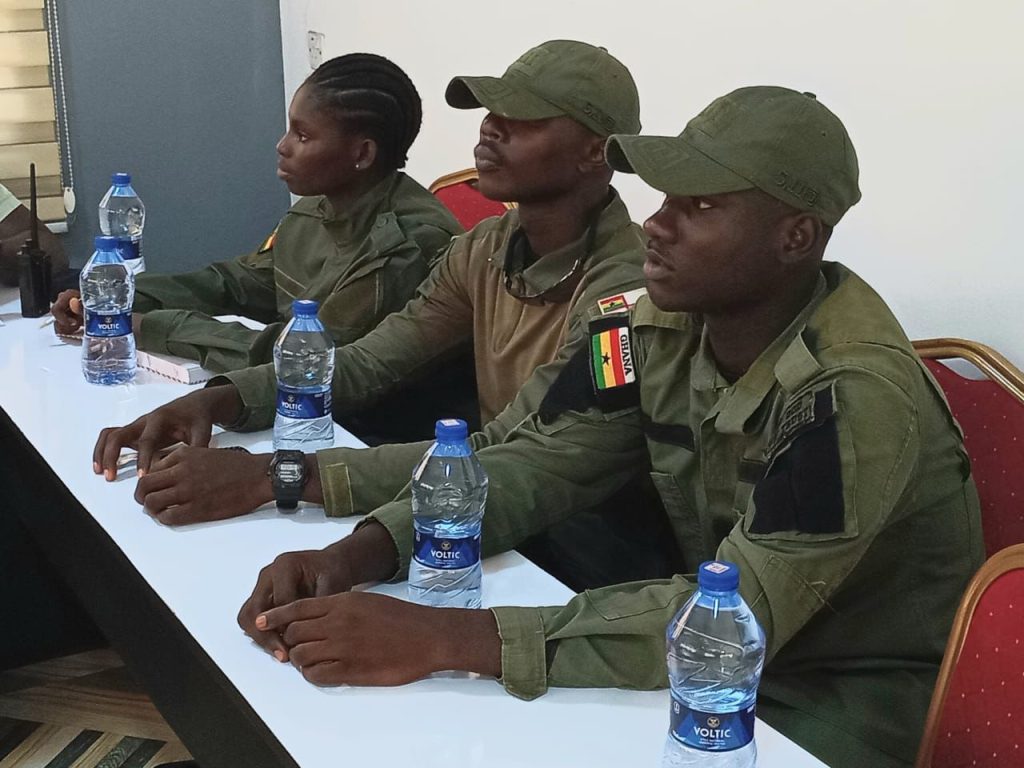
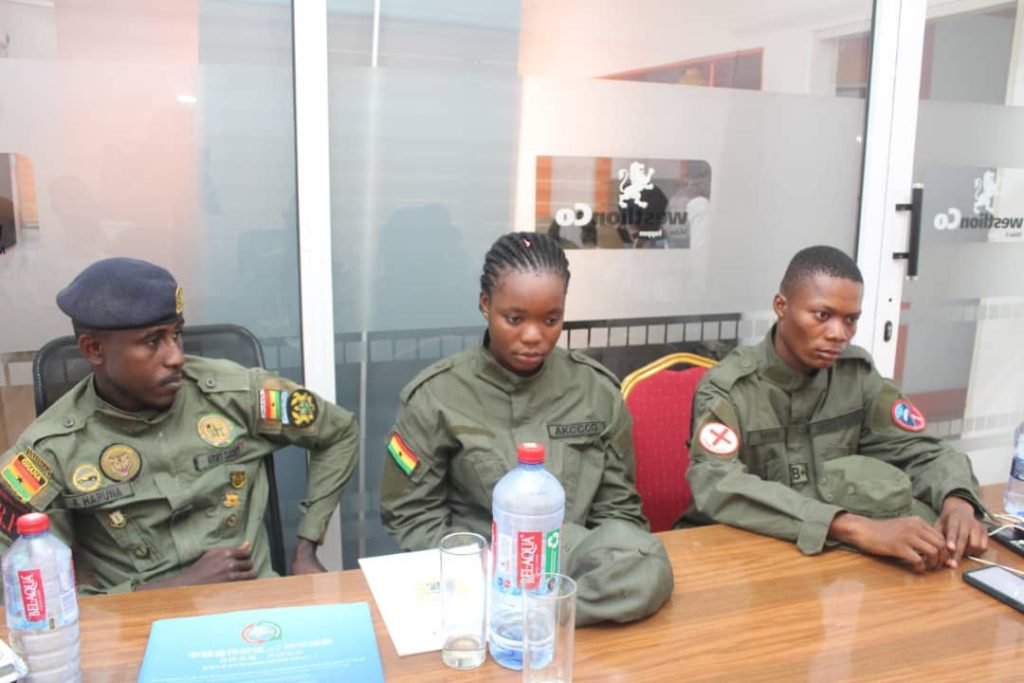
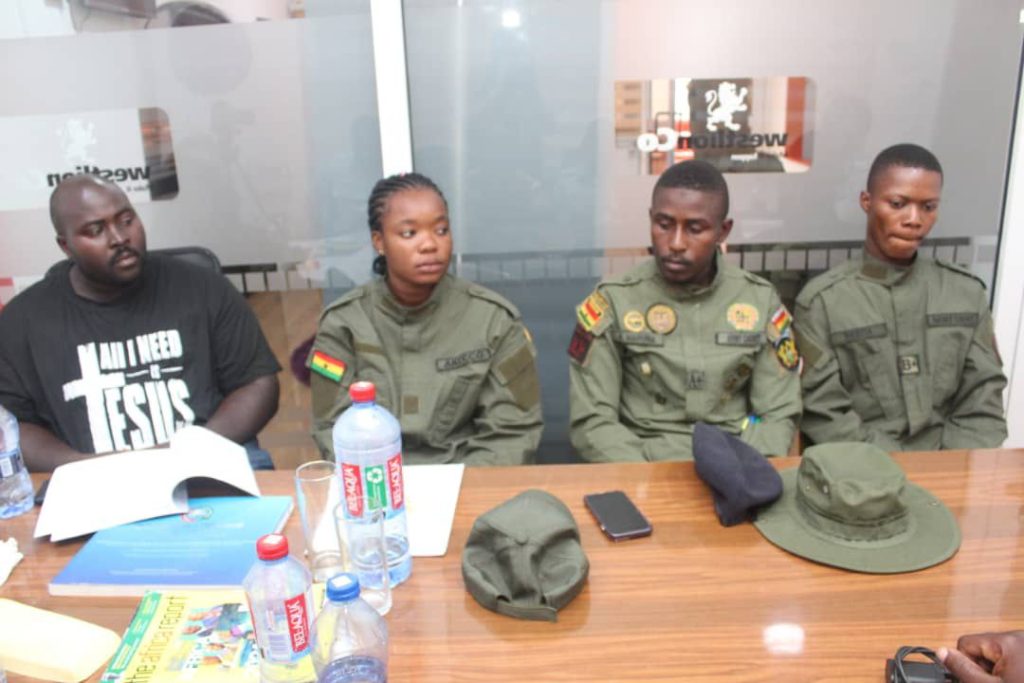
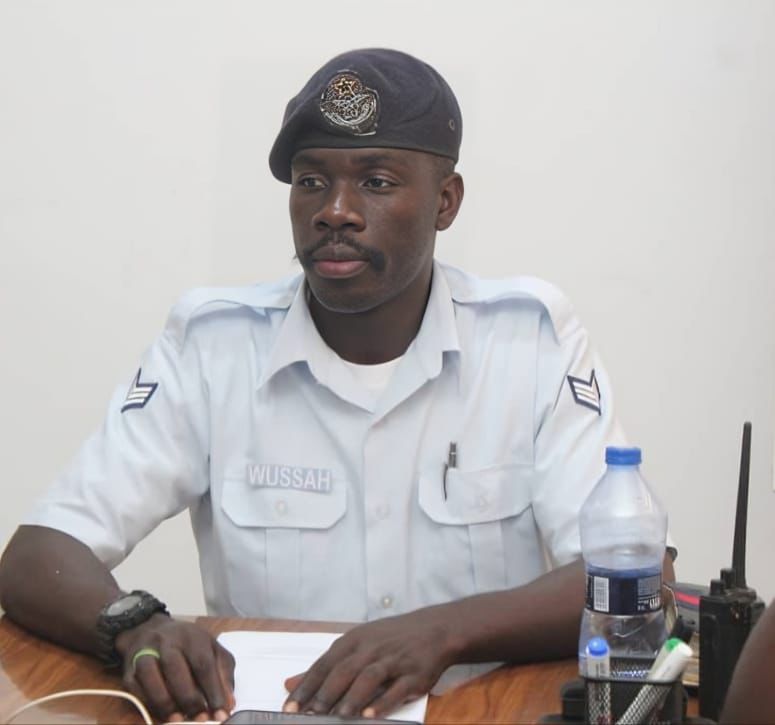
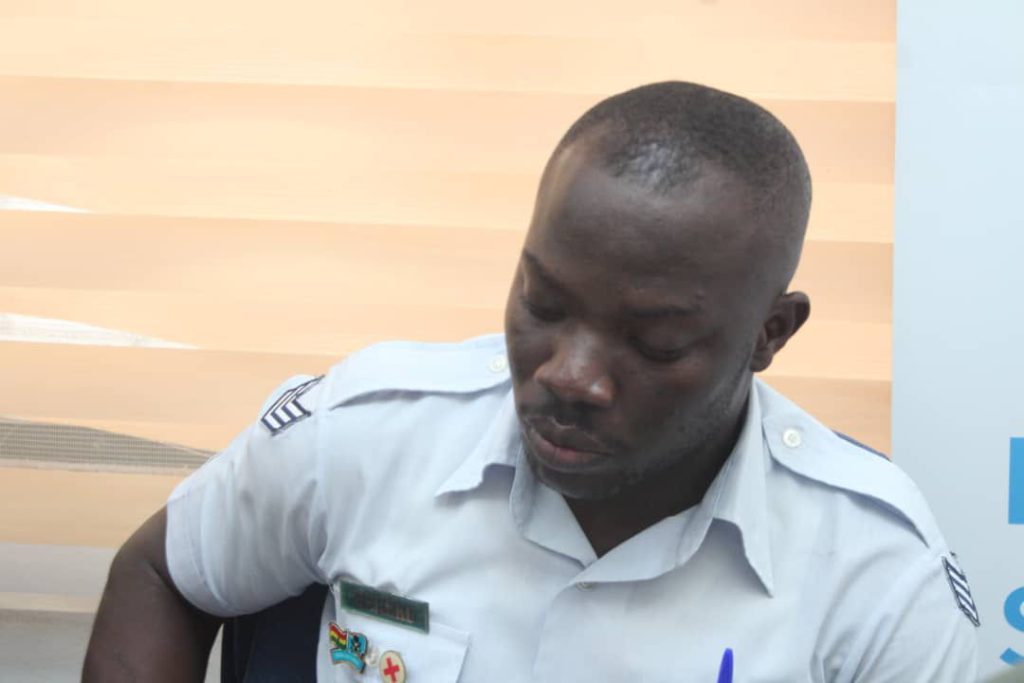
A notable concern is the lack of accountability within the leadership. Cadet instructors and members claim that unchecked power has allowed Mr. Amartefio to resist changes, undermining efforts to modernize the Corps and foster its growth.
As a result, morale among cadets has declined, and the organization’s once stellar reputation has suffered.
Neglect of Cadets in Security Recruitment
Beyond internal mismanagement, there is growing frustration over the treatment of cadet graduates when it comes to security recruitment in Ghana.
Despite paying substantial fees and dedicating time and effort to the program, cadet graduates often find themselves overlooked when applying for roles in the military, police, and other security sectors.
This neglect, members argue, is a betrayal of the cadet program’s promise to provide a pathway to opportunities in security and leadership.
“The Cadet Corps was established to instill discipline and leadership in students and prepare them for future roles in national defense,” says Cadet Sergeant Major Richard K. Mireku. “However, the current system leaves cadets disillusioned, as their training and commitment go unrecognized.”
With over 834 secondary schools participating in cadet programs across the country, the petitioners stress that the potential of the Ghana National Cadet Corps to contribute to national development is enormous.
Yet, without a structured integration into the security recruitment process, the skills cadets acquire during their training remain undervalued.
The History and Legacy of the Ghana National Cadet Corps
The Ghana National Cadet Corps has a long and storied history, dating back to its founding in 1954 at the Ghana Secondary Technical School (GSTS) in Takoradi.
Initially created to instill discipline and loyalty among students, the Corps aimed to encourage young people to join the military, specifically the Gold Coast Frontier Force, which later became the Ghana Armed Forces.
Over the years, the program expanded across the country, with prominent secondary schools such as Achimota School, Accra Academy, and Opoku Ware SHS establishing cadet units with the help of the Ghana Armed Forces.
The military provided logistical support and training to cadet members, reinforcing discipline and leadership skills in students while preparing them for potential careers in national defense.
In 1967, the Ghana Navy launched its first Naval Cadet Corps at St. Paul’s Secondary School in Denu, and by 1995, the Ghana Air Force had established its own school cadet programs.
These efforts underscored the importance of youth involvement in the country’s security apparatus.
The Fees Conundrum: Unmet Promises
Another pressing issue raised by members is the compulsory fees charged to students for their participation in the Cadet Corps.
These fees cover uniforms, equipment, and training materials, representing a significant financial commitment for many families.
In return, students are promised that their participation in the Corps will provide them with valuable skills and career opportunities in the security sector.
However, this promise remains largely unfulfilled, as cadet graduates are rarely given preferential consideration in security recruitment processes.
This disconnect has fostered resentment among cadets, who feel that their investment in the program has not been adequately rewarded.
A Call for Reform
The petitioners believe that the key to addressing these issues lies in policy reform.
They are calling for a more formal integration of the Cadet Corps into the national security recruitment framework. Suggestions include the introduction of standardized certifications for cadets, bridging programs to further develop their skills, and guaranteed interview opportunities for those who complete their training with distinction.
Furthermore, there is a need for closer collaboration between educational institutions and security agencies to ensure that cadet training aligns with the needs of the country’s security services.
By doing so, the Ghana National Cadet Corps can once again serve as a stepping stone to meaningful careers in security and national defense.
Conclusion
As the Ghana National Cadet Corps reaches its 70th anniversary, its members are calling for a complete overhaul of the organization’s leadership and structure.
They argue that only through reform can the Corps fulfill its true potential as a vital institution for national development.
The petition to the Vice President marks a critical moment in the Corps’ history, as its members hope for swift action to revitalize the organization and restore its former glory.



